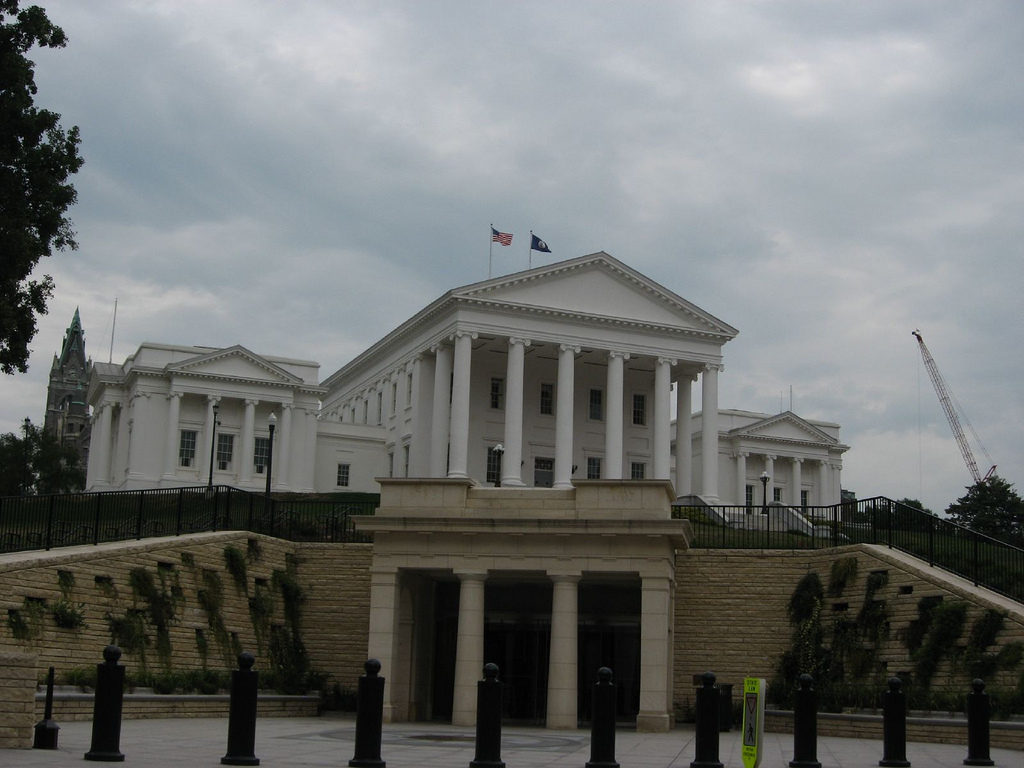The fight over Medicaid expansion is over. Whether one was for it or against, the contentious arguments over fiscal responsibility versus progressive ideology has left a policy vacuum in the Commonwealth. After all, 2017’s “blue wave” and the committee assignments by Speaker of the House of Delegates Kirk Cox (R-Colonial Heights) was, for the most part, over the expansion of the Obama-era Affordable Healthcare Act (ACA) into Virginia.
Though, as the dust settles on Bank Street in Richmond, what’s next for the state legislature?
While there are no emergency situations to take care of, per se, there are a lot of areas within the Commonwealth that can be improved.
Although some recent improvements in the state’s mental health policy have produced some results, Virginia is not seen as a national figurehead for treating the mentally-ill. There is still much to be desire in the amount of funding invested in both institutional and community-based care, and the consequences of languishing care continue to manifest themselves into stories surrounding tragedy.
When it comes to education and school funding, even though there are areas of great strides in learning, there are also areas of mass incompetence, leading Virginia to qualify as “average” on a national scale. Test scores among schoolchildren are average as well, but, of course, average is never good enough.
Furthermore, the gap between teacher pay and the cost of living – even outside Northern Virginia – is still high, even when compared to other states. In the classroom, around 94 percent of teachers spend their own money on classroom supplies without reimbursement, and, on average, spend $479 per year.
Marijuana decriminalization was a big topic during the 2017 gubernatorial election, with some lawmakers proposing measures on a anti-government intrusion, “leave me alone” basis. Though, it isn’t a big platform to stand on and not much traction was gained by it. After all, this isn’t California.
With taxes, Virginia used to be the best place to do business, but this has changed in the past few years. While the state should recalibrate its individual tax brackets, something must be done about the business tax climate.
In a report from the Richmond Times-Dispatch, the highly-unpopular Business, Professional, and Occupational License (BPOL) tax applies to gross revenue rather than net profits, which means even a money-losing business gets hit by it. For years, there have been motions from lawmakers on both sides of the aisle to reform the BPOL tax, but nothing ever seems to get accomplished.
Now, inarguably, improving mental health care, teacher pay, and other itemized areas would take some sort of state funding. However, Virginia’s government, as measured by spending, is growing by 11 percent over the next two years. After expanding Medicaid, it is highly unlikely, as Republicans still have a one-member majority, that more legislative ideas involving big spending will come to fruition.
The Republicans played defense for most of the year, albeit good defense. Although Medicaid expansion went through, Republicans were able to vote down almost $800 million dollars in proposed tax increases, 80 measures that would have restricted the rights of gun owners, and other seemingly terrible progressive agenda items.
Virginia collected a record amount of tax dollars this year, due to the Republican-led federal tax overhaul. With plenty of money in the state’s rainy day fund, there is a glimmer of hope that tax breaks could be seen in the Commonwealth.

